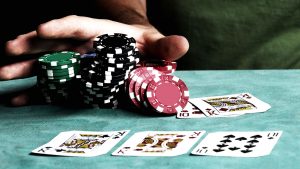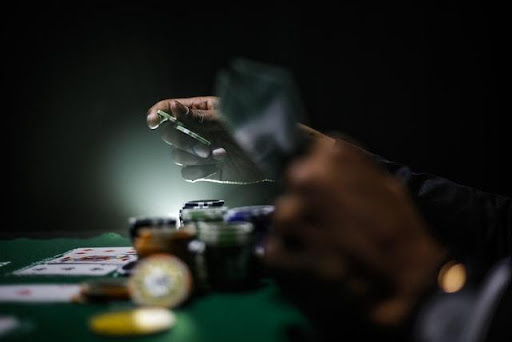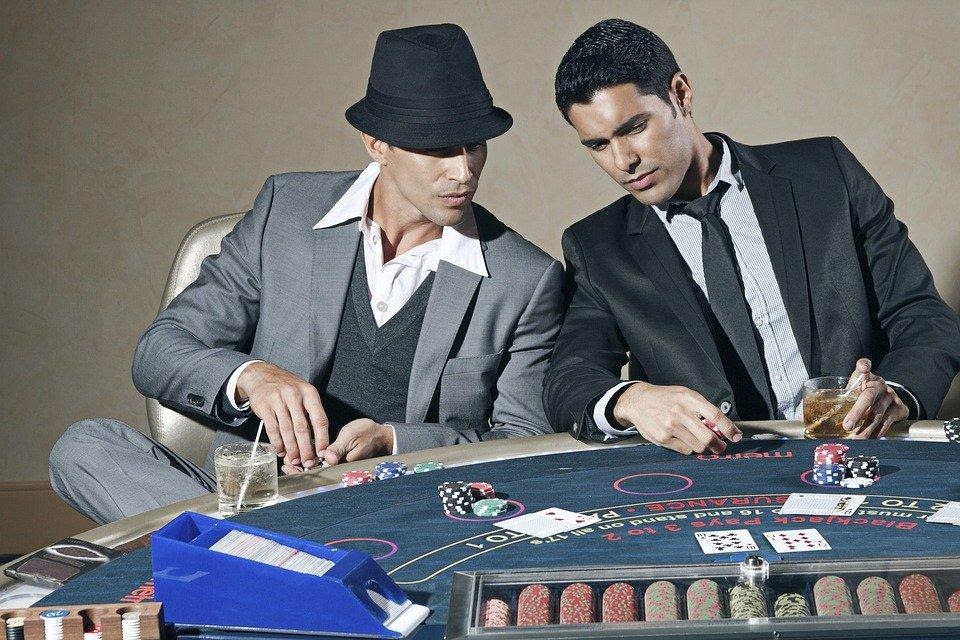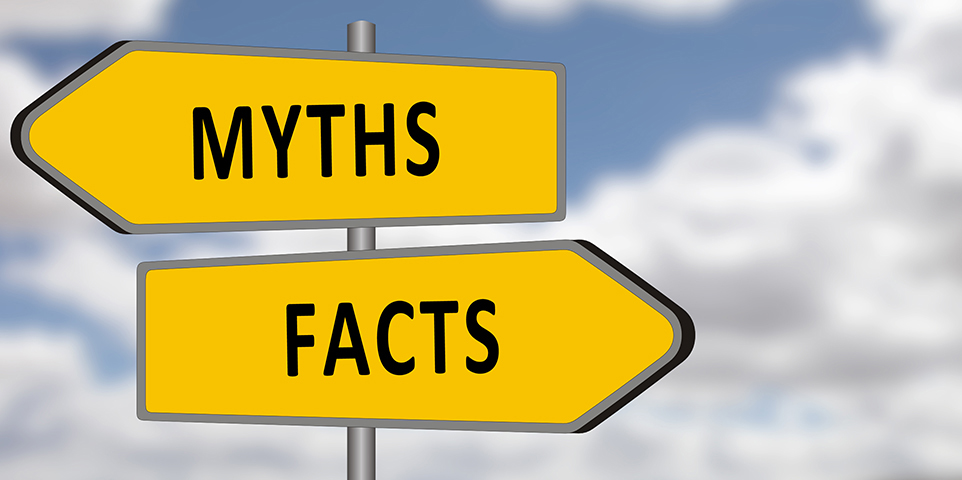Position Play
The beauty and appeal of Texas Holdem resides in the many facets of the game… it’s not just your hand versus that of your opponent but rather a multitude of variables that will change the way you play your hands. Some of these include chip count, number of players in the hand, size of the pot, attitudes of your opponents and also your position at the table in relation to your opponent(s).
Position play is paramount to playing successful poker. Your position at the table can at times be more powerful than the value of your hand. While it may seem like lunacy to the novice poker enthusiast, being in a good position at the table actually increases the value of your starting hands and having bad position (also known as being out of position) can weaken your cards.
That’s all good and fine but exactly what is position? It’s really quite simple. Your position is defined by your seat at the table in relation to the dealer button. For example, if you’re seated three seats to the left of the current button, you would be first to act since the two players to your right have posted blinds. This is called early position and is the weakest possible position since no one else has bet yet, you have gained very little or no information on other player’s intentions.
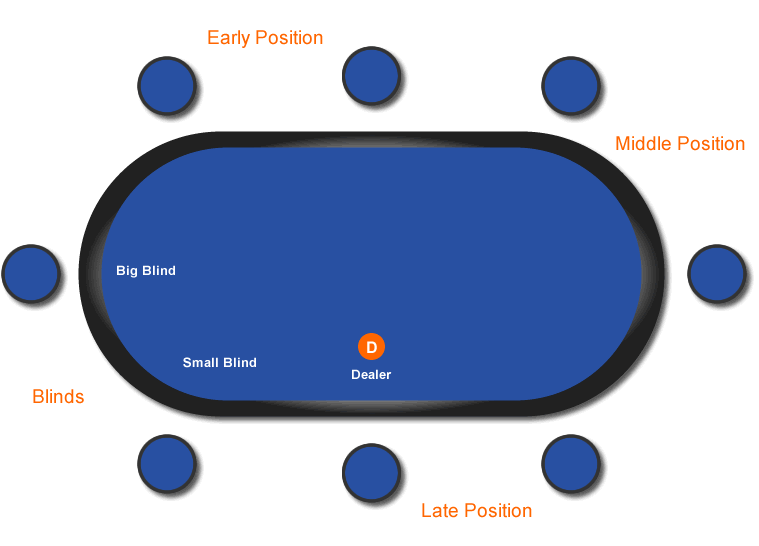 Also, after the flop is dealt, a maximum of 2 players will act before you do. Meanwhile the rest of the table will have the benefit of seeing what play you make before their turn comes.
Also, after the flop is dealt, a maximum of 2 players will act before you do. Meanwhile the rest of the table will have the benefit of seeing what play you make before their turn comes.
On the other end of the spectrum, perhaps it’s your turn on the dealer button. Now you have the strongest position, allowing you to see what everyone does before the flop, save for the small and big blinds. After that it gets even better, with you being the absolute last player to act on the flop, turn, and river. This is known as late position and any cards played from late position are generally more valuable than the would be from early position. Ultimately, position will affect the cards you decide to raise with, call with, it will even change which hands you fold…some cards good enough to play in late position you should fold with in early position.
Now that you’re aware of different positions and their strengths or weaknesses, you should experiment with your knowledge at your next poker game.
